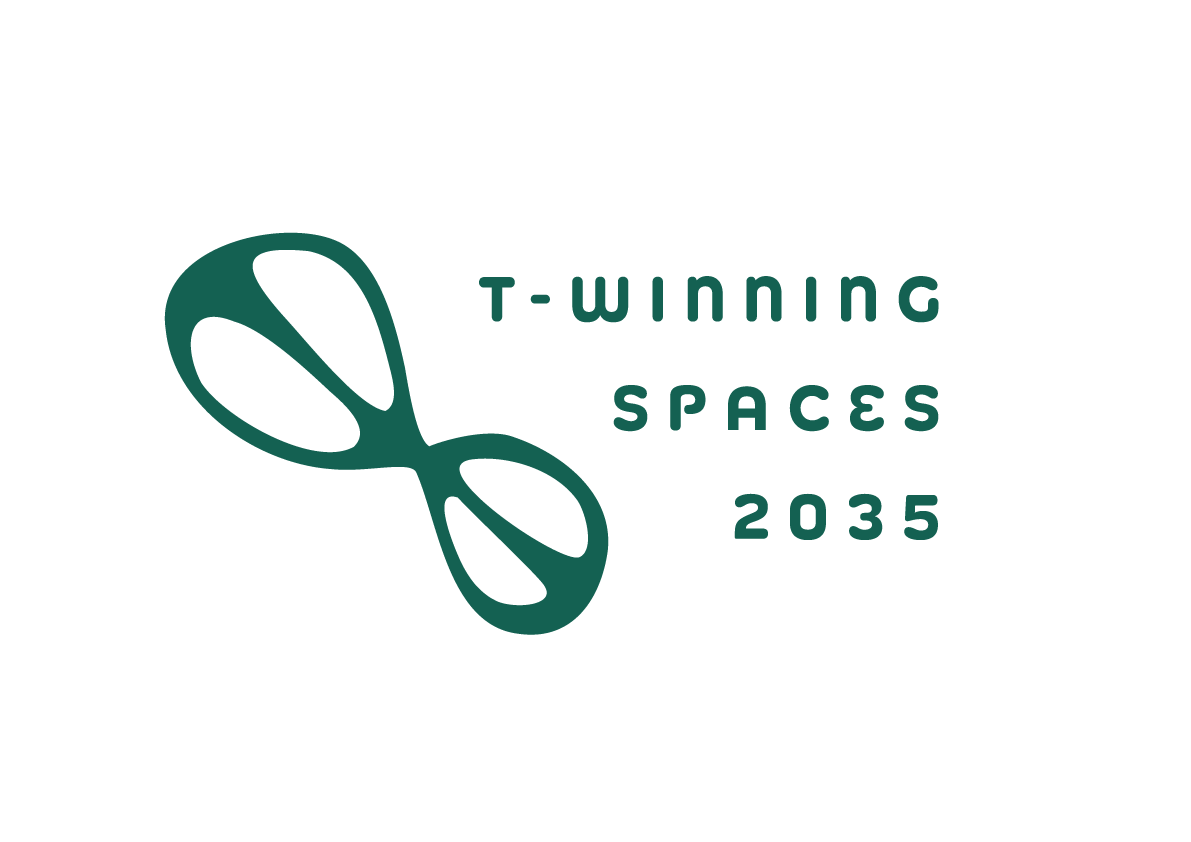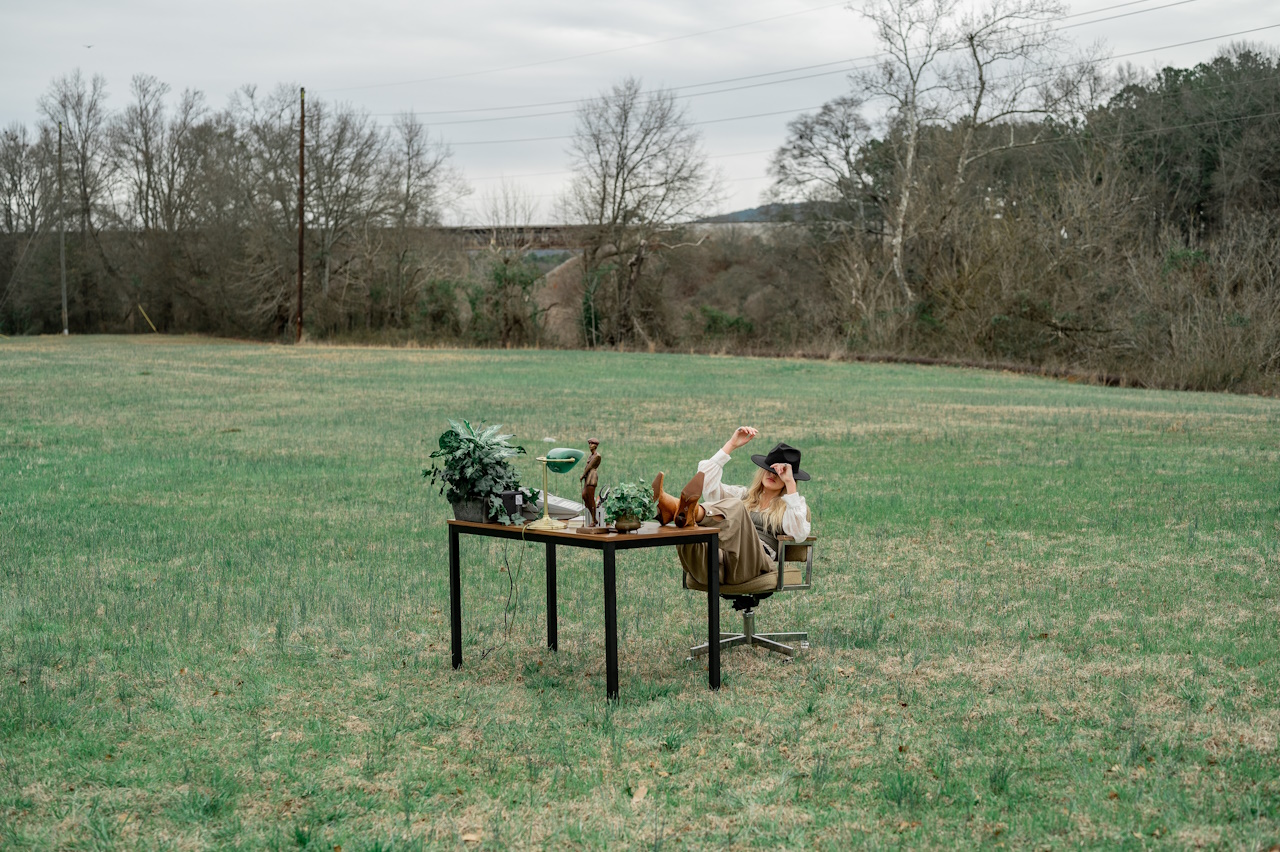
T-winning Spaces 2035 Winning spatial solutions for future work, enabling the double twin transition of digital/green and virtual/physical transforming our societies by 2035

T-winning Spaces 2035
Due to digitalisation, more people are working at home, in public and semi-public spaces. The characteristics of workspaces (including e.g. space size, layout and location) affect employee performance and wellbeing, and remote work can influence how we use spaces, commute, consume and spend leisure time, all of which have environmental and health consequences. There is an urgent need to maximize the potential that digital remote working can provide in the green transition. We aim at increasing the understanding of the sustainability challenges of future digital remote working and how those could be tackled with optimal spatial solutions and practices for households and employers. The study brings together a unique team and methods from spatial planning, housing design, architecture and land use planning, facility management, urban physics, environmental impact analysis and policies, real estate and futures studies from Aalto University, Tampere University, and Turku University.